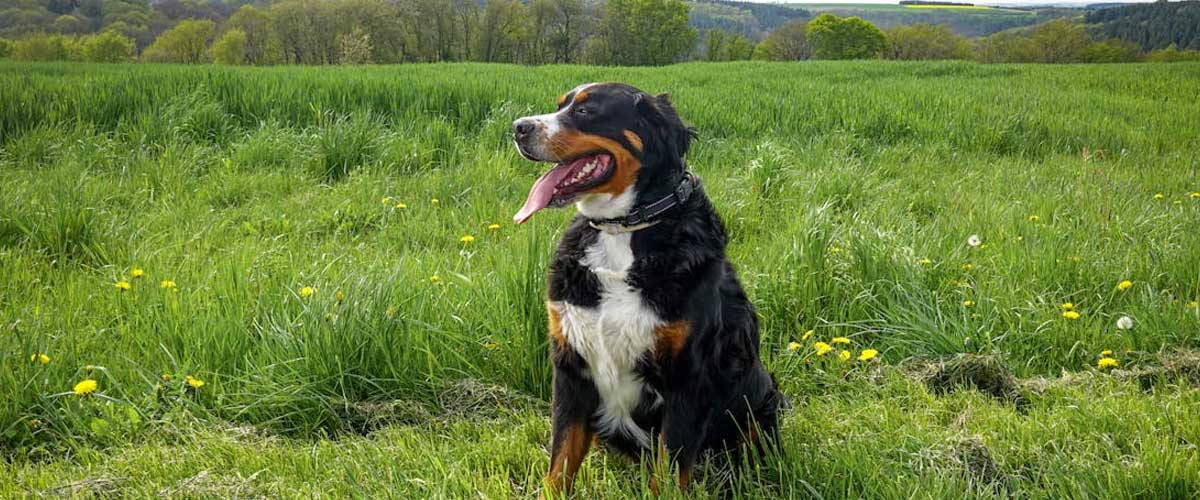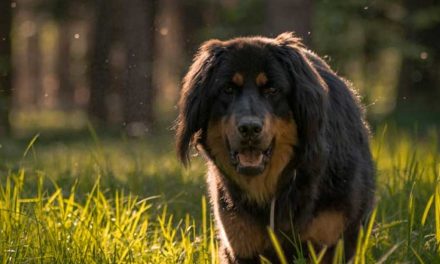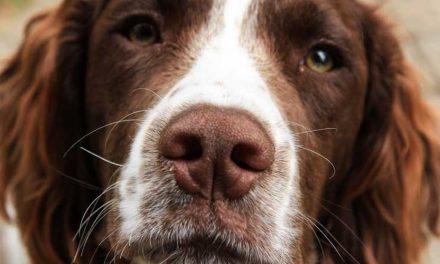The Great Swiss Mountain Dog, or Grosser Schweizer Sennenhund, is a striking breed known for its impressive size, distinctive tri-colored coat, and gentle demeanor.
Originating from Switzerland’s mountainous regions, this hardy breed was historically used as a working dog, primarily for herding cattle, pulling carts, and providing companionship.
With their strong build and affectionate personality, they have earned a place in many households as beloved family pets.
Physical Characteristics
Great Swiss Mountain Dogs are one of the largest breeds in the Sennenhund family.
Males typically weigh between 110 to 140 pounds, while females are slightly smaller, ranging from 80 to 110 pounds.
Standing around 25 to 30 inches tall at the shoulder, they have a robust and muscular frame that reflects their working dog heritage.
Their coat is medium-length, thick, and double-layered, featuring a distinctive tri-color pattern of black, white, and rust.
This unique coloration not only enhances their appearance but also provides insulation against the harsh weather conditions found in their native mountainous terrains.
Regular grooming is essential to keep their coat healthy and minimize shedding.
Temperament
The Great Swiss Mountain Dog is renowned for its calm and gentle disposition.
They are loyal and affectionate, often forming strong bonds with their families.
Their patience and friendly nature make them excellent companions, particularly for children.
Despite their large size, they usually adapt well to family life and are known to be good with other pets.
While they are generally calm indoors, they do require regular exercise to maintain their health and well-being.
Daily walks, playtime, and an occasional romp in a secure yard can help keep them physically and mentally stimulated.
Socialization from a young age is crucial to ensure they develop into well-rounded adult dogs.
Training and Socialization
Training a Great Swiss Mountain Dog requires consistency, patience, and positive reinforcement.
They are intelligent and eager to please, which can make them relatively easy to train.
However, their independent streak means that early socialization and obedience training is essential to prevent any undesirable behaviors.
They thrive in an environment where they can engage with their families, and they respond well to training techniques that incorporate rewards and praise.
Obedience classes can be particularly beneficial for young pups, helping them learn essential commands and socialize with other dogs.
Health Considerations
Like many large breeds, Great Swiss Mountain Dogs can be predisposed to certain health issues, including hip and elbow dysplasia, bloat (gastric torsion), and certain heart conditions.
Regular veterinary check-ups, a balanced diet, and appropriate exercise can help mitigate some of these risks.
It’s also essential for prospective owners to look for reputable breeders who conduct health screenings on their breeding dogs.
Conclusion
The Great Swiss Mountain Dog is truly a magnificent breed with a rich history and an endearing personality.
Their gentle nature, loyalty, and suitability as family pets make them an excellent choice for those who have the space and time to dedicate to their care.
With proper training, socialization, and attention to health needs, they can be wonderful companions, bringing joy and love to their families for many years.
If you’re looking for a friendly giant to add to your household, the Great Swiss Mountain Dog may just be the perfect fit.












